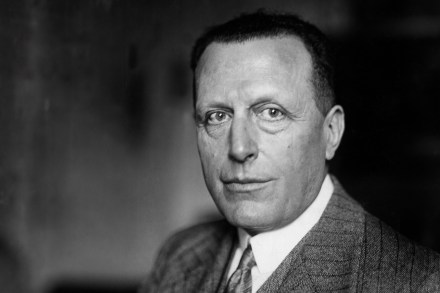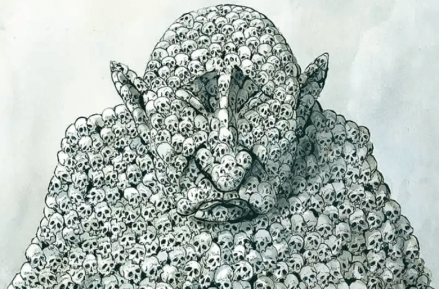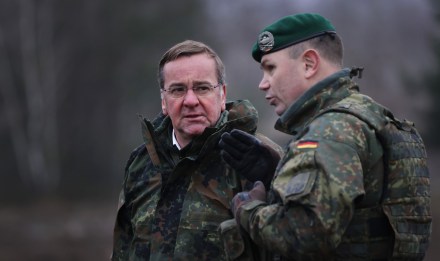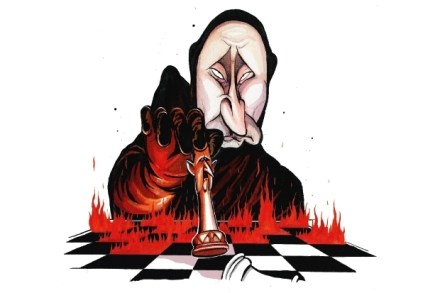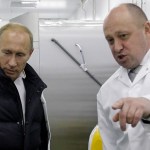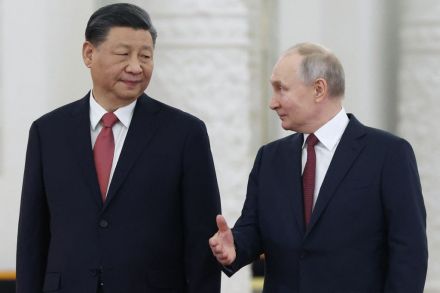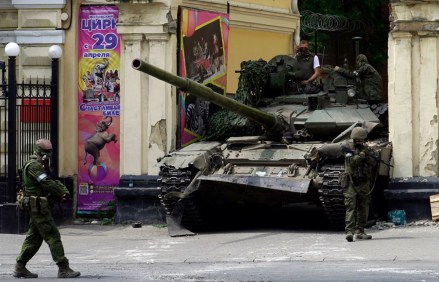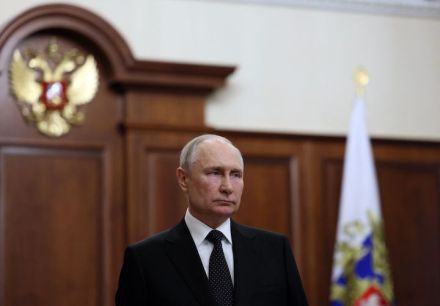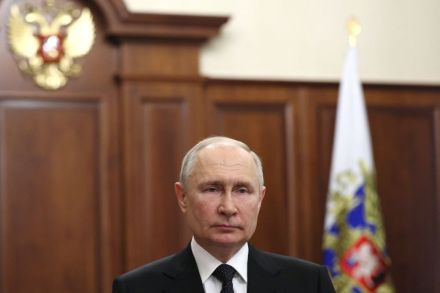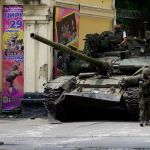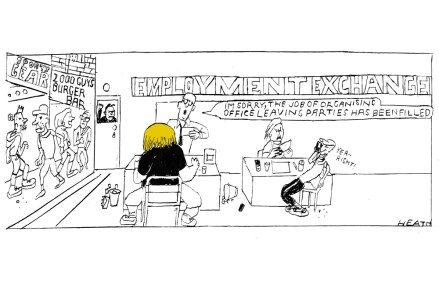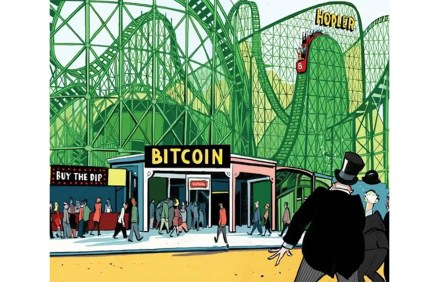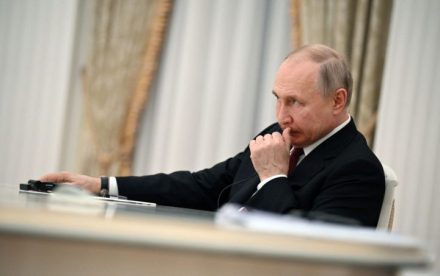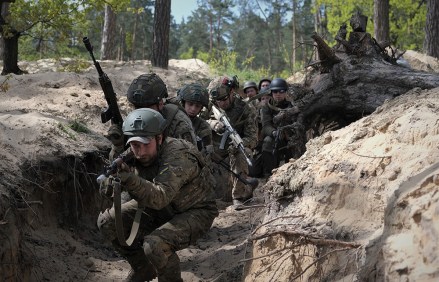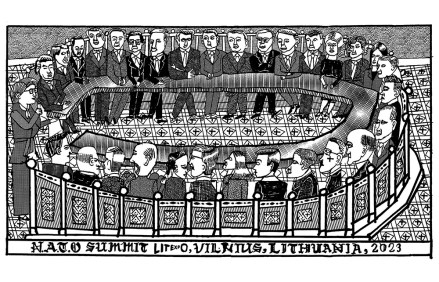Inside Ukraine’s drone army
Kyiv ‘We will end this war with drones,’ says Mykhailo Fedorov, deputy prime minister of Ukraine. We meet at the Ministry of Digital Transformation, which he runs in Kyiv. It has become crucial to the counter-offensive. To reclaim occupied land, Ukrainian troops need to remove miles of landmines, and can do so only if kept safe by swarms of drones that fly ahead, searching for the enemy. Russia has drones too – many more of them – and is adept at jamming and downing Ukraine’s fleet. A drone arms race is under way. Soon after his election, President Volodymyr Zelensky asked the then 28-year-old Fedorov to run a new ministry



